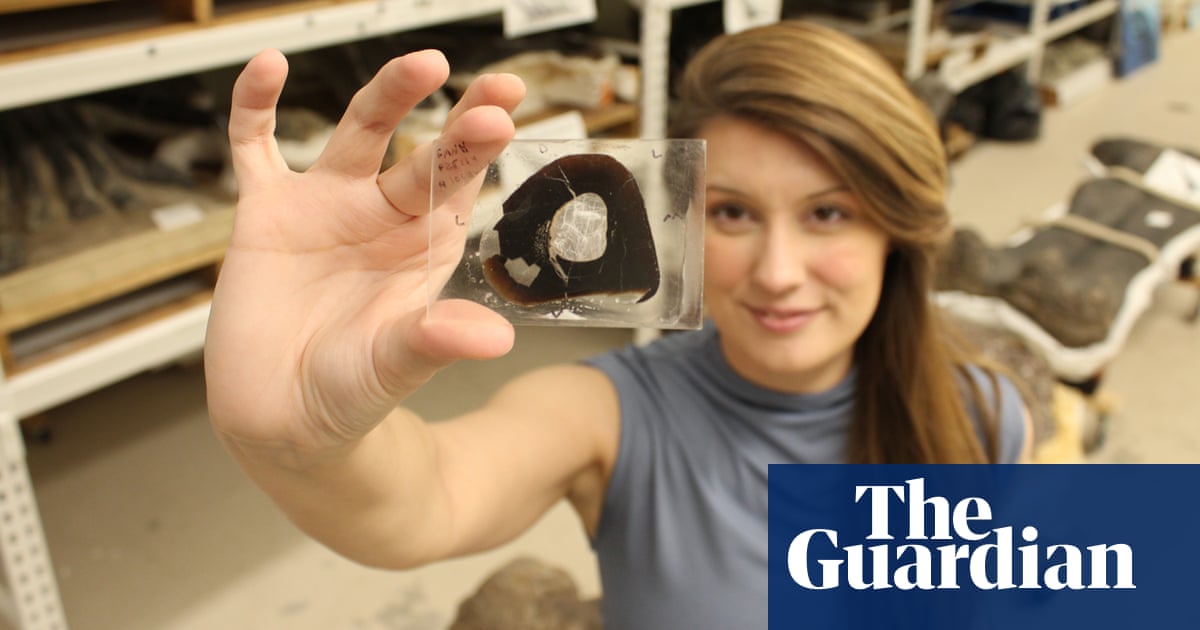
Around the country, correctional industries are quietly furnishing our public universities with beds, desks, bookshelves, and more. These businesses, born from state legislative mandate, are built entirely on the labor of unfree men and women. On average, correctional industry workers earn $0.33-1.41 per hour making everything from license plates to office chairs. In Texas, Arkansas, and Georgia, they are paid nothing at all. Each Department of Corrections (DOC) is then permitted to sell its products directly to other state agencies, non-profits, public schools, and yes, universities. In some states like West Virginia, colleges are even legally required to purchase from the correctional industry.
One formerly incarcerated individual I spoke with believes that the power imbalance is so extreme that there is no way to make prison labor acceptable and universities must cut contracts with DOCs. Others cautioned against that approach. While some incarcerated workers felt their labor was exploited while they were in prison, they encouraged campaigning for better conditions rather than cutting contracts.
Drew was first locked up in an Oregon penitentiary at the age of 18. He would remain there for the next 30 years. For nearly his entire sentence, he worked different jobs for the state prison’s private manufacturing company, otherwise known as Oregon Corrections Enterprises (OCE). He started at the chop-saw mill, eventually transferring to furniture-making and earning his electrical license. For decades, Drew labored under lock and key as the very institution that held him there profited. But during a phone interview, he tells me about how the skills he gained while working for OCE allowed him to come out of prison a more competent and self-assured person.
On the other side of the prison wall, many university students are unaware that they are sitting, sleeping, and learning on furniture made by incarcerated people like Drew.
At institutions like the University of Florida, University of Washington, and the University of Colorado, students are outraged. Campaigns have sprouted up protesting their school’s exploitation of what they call “prison slavery.” Student activists point to the meager wages and coercive nature of prison labor as characteristics of a textbook human rights violation.
In Gainesville, members of Florida Prisoner Solidarity and students at the University of Florida have successfully pressured the school to stop using prison labor in their agricultural research. UF Coalition Against Prison Slavery leader Salil told me that their platform has always centered around abolishing, rather than reforming, prison labor. “There’s an inherent power imbalance as long as the prison controls labor,” he explained. “Paying [the prison] just gives them more incentive for incarceration.”
And it’s true: putting incarcerated people to work is, and always has been, coercive. Modern prison labor has a dark history, having evolved from the practice of convict leasing, which itself is rooted in chattel slavery. While the 13th amendment is known to have completely abolished slavery in the United States, it actually carved out an exception for those convicted of a crime. Today, these racist roots live on in the dramatically disproportionate rates of incarceration for Black and brown people. Although correctional industry jobs themselves are technically voluntary, the inherent power imbalance between workers and guards makes this difficult to ensure in practice. In some cases, like in many newly converted prison personal protective equipment (PPE) production facilities, workplace safety and hygiene standards are dangerously poor. As a result, the fight against prison labor has found new momentum during the COVID-19 pandemic and recent protests against racial injustice. Students are justifiably outraged, and they want to take action.
But when I asked Drew what he thought about university campaigns to abolish prison labor, he balked. “I can’t imagine why we would want to end it,” he replied, incredulous. “There aren’t enough of these jobs for everybody who wants one.”
Correctional industry positions are often the best paid, their wages being about twice as high as other prison jobs, on average. With the rising prices of everyday commissary goods, steep medical copays, and the desire to avoid burdening family members on the outside, many incarcerated people are eager for better paying opportunities. These jobs also usually offer more training and skill-based work, which could lead to better opportunities on the outside (although many barriers remain to securing post-release employment). Because of the electrical certification he received, Drew was able to secure a job and support his family soon after his release. “A correctional industry job can help save you from the stress and heartache of clawing your way up from the absolute bottom after release,” he insists.
If universities keep cutting contracts with correctional industries, these job opportunities could become even scarcer than they already are. The question that remains, then, is whether this is the only way for schools to address their ethical concerns about sourcing from prison labor. I argue that students must find a way to amend their institution’s relationship with exploitative correctional industries without undermining opportunities for incarcerated individuals.
Rather than campaigning to end their purchases, activists should pressure their university to leverage its buying power for meaningful reform. Working in collaboration with activists, administrators, and formerly incarcerated individuals, Human Trafficking Search has developed a toolkit for students who want to make this happen.
Inside our step-by-step guide for launching a successful campaign, the toolkit features a model platform with our recommended reforms. Unsurprisingly, higher wages top the list of demands. Better workplace conditions, paid time off, alignment of work opportunities with the local labor market, and the right to organize are a few much-needed changes among many. Outside of their purchasing practices, universities are uniquely positioned to bolster inmate educational and vocational programs. They can directly contribute to improved post-release outcomes by providing career advising, as included in Washington State’s IBSET model, as well as employing more formerly incarcerated folks.
As bedrock public institutions, colleges and universities have a responsibility to use their influence for positive, systemic change. We urge all institutions of higher education, regardless of their correctional industry entanglements, to support state-level reforms for currently and formerly incarcerated worker’s rights. This includes ensuring that all work by incarcerated individuals is voluntary, paying prisoners at least the minimum wage, recategorizing imprisoned workers as “employees” (a protected category from which they are currently excluded) and banning questions about conviction histories during the hiring process.
Human Trafficking Search calls on universities and student activists to help ensure incarcerated workers are afforded the labor protections other workers receive. You can find more resources on how to do this in the full-length student toolkit How to Tackle Prison Labor on Your Campus.
Aubrey Calaway wrote the How to Tackle Prison Labor on Your Campus toolkit during her time as a research fellow at Human Trafficking Search. She currently works as a correspondent at Earth Refuge.












